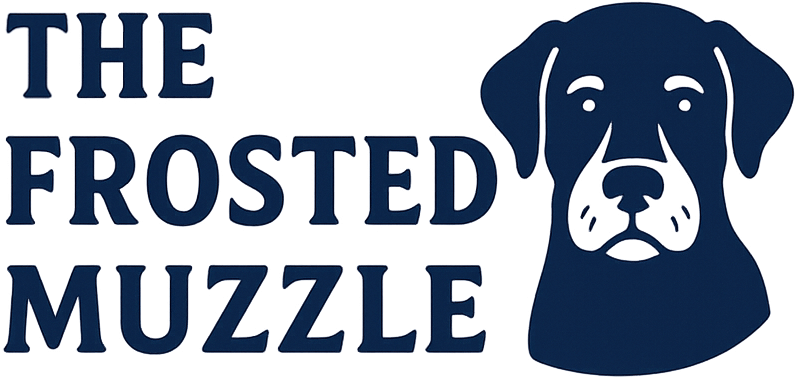Table of Contents
Introduction
Just as humans' dietary needs change with age, so do the dietary requirements of our canine friends. As our dogs grow older, they need a nutrient-rich diet to support their overall health, counteract potential age-related issues, and keep their tails wagging. Senior dog nutrition can seem complex, but by understanding what your dog needs, you can simplify the process and ensure they stay strong, healthy, and happy into their golden years.
Understanding a Senior Dog's Nutritional Needs
The nutritional needs of a senior dog may differ markedly from those of a younger pup. Aging dogs often have to combat various health challenges such as reduced energy concerning metabolism, weight gain, joint diseases, and dental problems. Consequently, their diet should be lower in calories but high in quality proteins. Also, it should have adequate fiber content for healthy digestion and omega fatty acids for skin, coat, and cognitive aid.
Look for Natural Ingredients and High-Quality Proteins
When choosing the best food for your aging pet, natural ingredients should be the first thing you look for. Meals loaded with real animal protein, fruits, vegetables, and grains offer your pup a well-balanced diet. Ensure the protein sources are of high quality, such as chicken, beef, fish, or turkey, as they help support lean muscle mass.
Balancing the Macros
Senior dogs require a balanced macronutrient profile to sustain their health and vigor. Fat and protein should be given in moderation, as too much protein can affect kidney function, and unwanted fat could lead to obesity. However, this doesn't mean you should give your dog a low-protein diet; dogs require protein for muscle mass and strength, but it has to be balanced.
Consider Special Diets for Health Problems
If your senior dog suffers from certain health conditions like kidney disease, diabetes, or arthritis, there are specific diet options designed to support their wellness. Some of these diets include lower-protein diets for kidney disease, low glycemic diets for diabetes, and foods high in omega-3 fatty acids for arthritis.
Supplement with Powerful Nutrients
Certain supplements can also be valuable in a senior dog’s diet. Glucosamine and chondroitin are beneficial for joint health, while omega-3 fatty acids are great for the brain, skin and coat health. Probiotics can help your aging dog's digestion and absorption, ensuring that they are getting the most from their meals.
Conclusion
Understanding the nutritional necessities of your senior dog is crucial to ensure they age healthily. Although the process can initially seem overwhelming, once you know the basics, making the best food decisions for your pets becomes a breeze. Always consult a veterinarian for personalized advice to meet your dog's specific needs. Remember, providing your dog with a balanced, nutrient-rich diet in their old age is one of the greatest gifts you can offer them.

